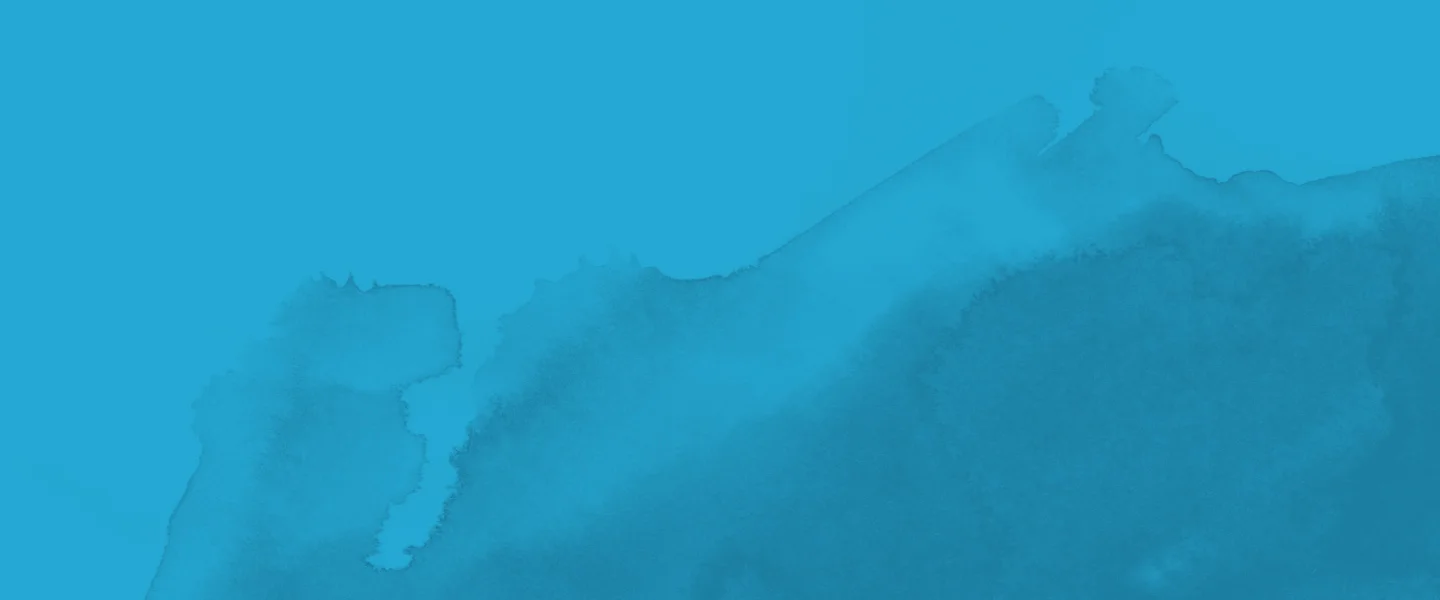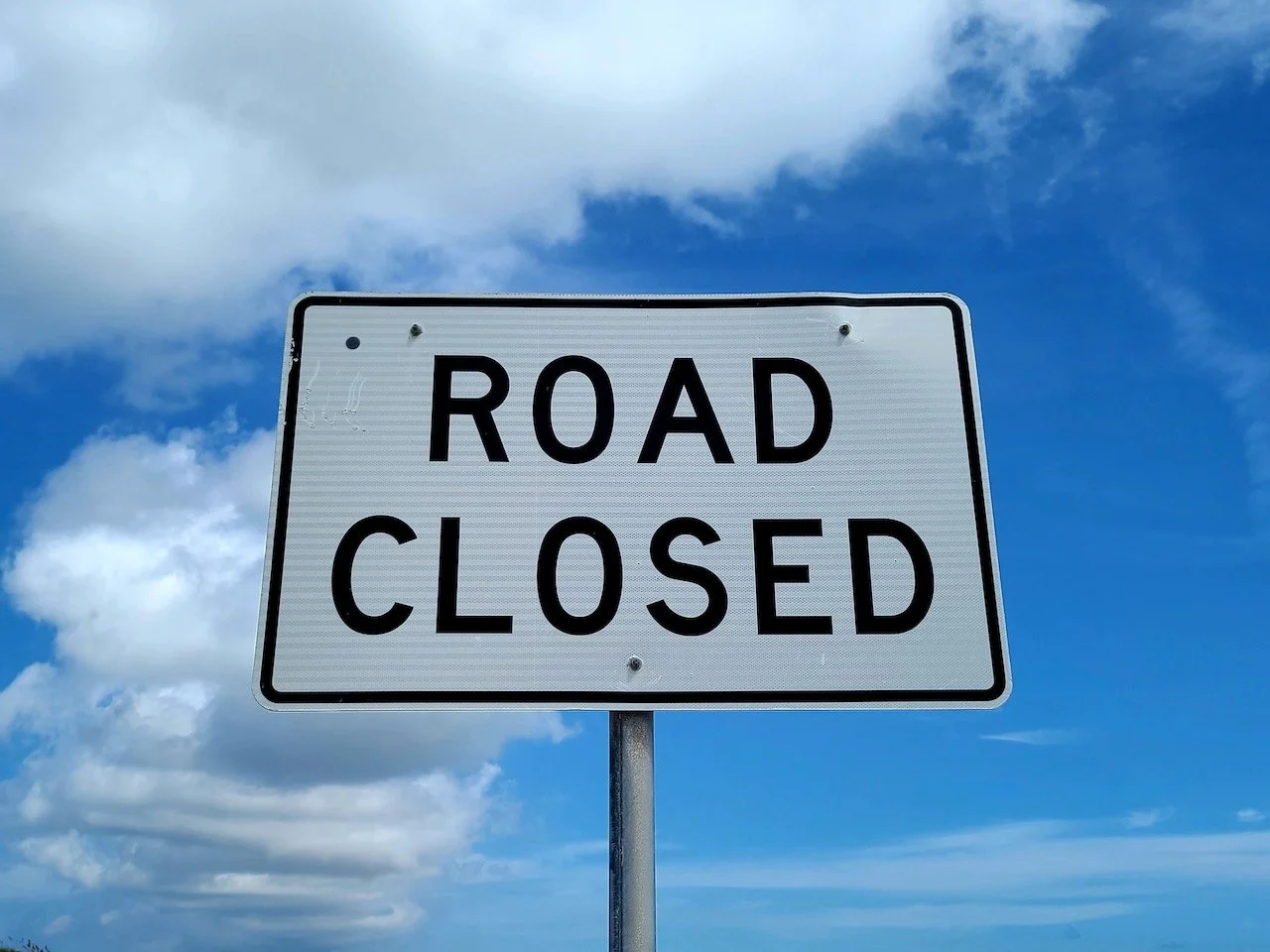Have you ever had a good habit, only to lose it? Perhaps it was meditation, or getting up early for exercise, or taking care of the “most important task” first thing in your day. You were doing so well and reaping the benefits, and then slowly or suddenly, the habit evaporated. You may not have even noticed that something was off, or that you were missing out on the benefits of the habit. But if you pause and reflect now, you may notice that you are not feeling at the top of your game.
Or perhaps summer brings a freedom from your usual routines, but you are at risk of losing some good habits in the process?
So, What Happens? Why Do We Lose Our Good Habits?
For each of us, there is a different reason. Or a combination of reasons. But often it involves something like:











